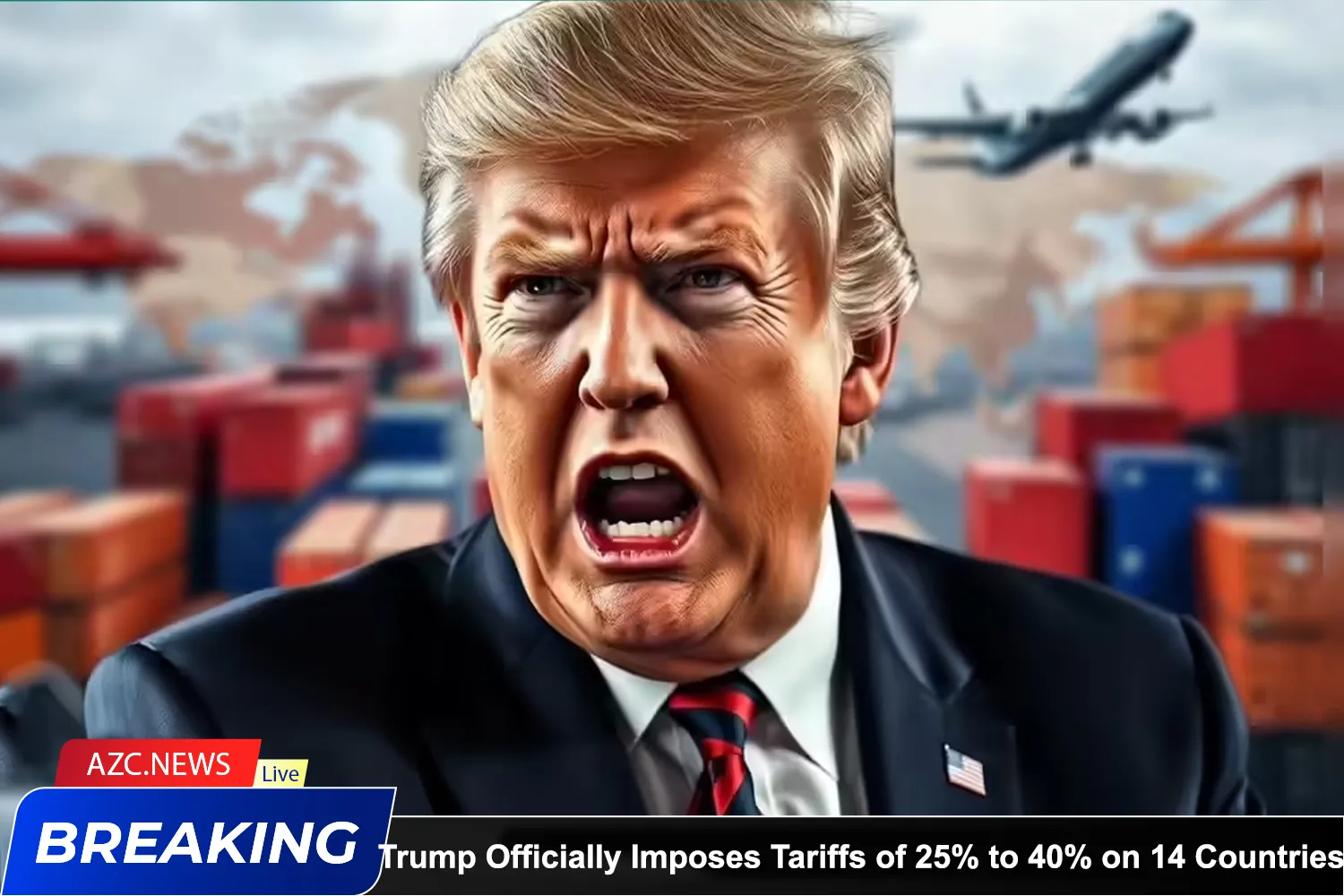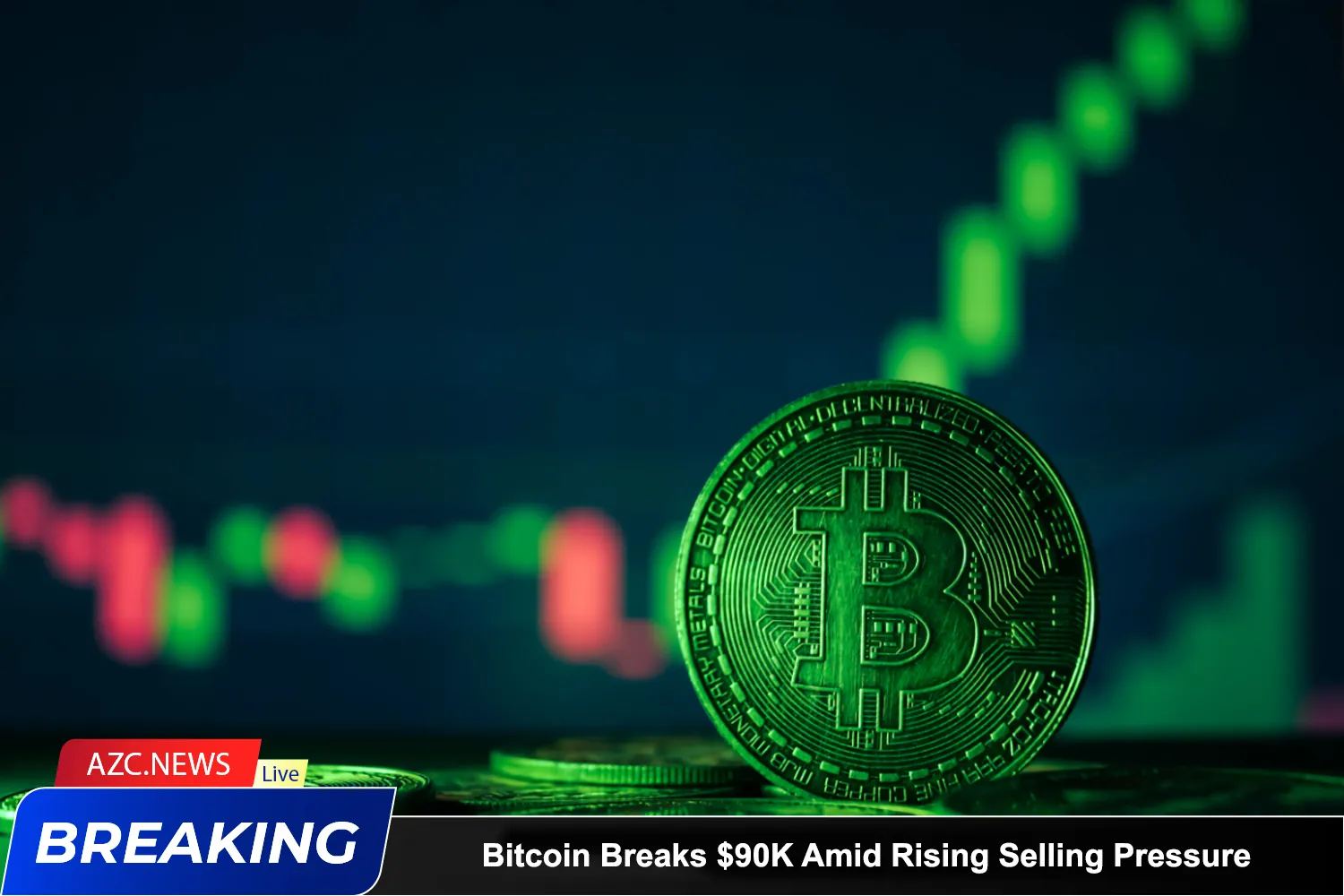At 5 PM on July 7 (U.S. time), U.S. President Donald Trump officially announced 14 letters sent to various countries, informing them of the implementation of significantly higher new import tariffs, effective from August 1. This move aims to address the trade deficit and boost manufacturing in the U.S.
Import Tariffs Increased from 25% to 40%
According to the announcement, Japan and South Korea are the first two countries to face a 25% tariff on goods exported to the U.S. Other countries will also be subject to tariffs at different rates: Tunisia, Malaysia, and Kazakhstan will see a 25% tariff; South Africa, Bosnia and Herzegovina will face a 30% tariff; Serbia and Bangladesh will incur a 35% tariff; Cambodia and Thailand will have a 36% tariff; and Laos and Myanmar will face the highest rate of 40%.
According to Reuters, the new tariffs will not be cumulative with previously imposed industry-specific tariffs, such as those on cars, steel, or aluminum. For example, the import tariff on cars from Japan will remain at 25%, rather than increasing to 50% like some other items.
Expected Revenue and Trade Policy
The new tax policy is expected to bring in $24.2 billion for the U.S. in the first month of implementation, marking a record for revenue from import tariffs. In his letters to the countries, Trump emphasized that these tariffs are a response to what he views as unfair trade policies that hinder U.S. goods from accessing international markets.
President Trump also urged foreign leaders to shift manufacturing operations to the U.S. to avoid tariffs. At the same time, he warned that he would raise tariffs even higher if countries retaliate by imposing tariffs on U.S. goods.
Related: Binance May Delist 3 Tokens
Still Room for Negotiation
In April, Trump announced plans to impose retaliatory tariffs on hundreds of economies but delayed them for 90 days to allow for negotiations. The July 7 announcement comes just before the deadline of July 9, when the extension period ends. However, the White House recently issued an executive order extending the tariff implementation deadline to 12:01 AM on August 1, opening up further negotiation opportunities.
Following the announcement, the cryptocurrency market experienced slight volatility, with Bitcoin’s price adjusting around $108,000, according to the latest data.









